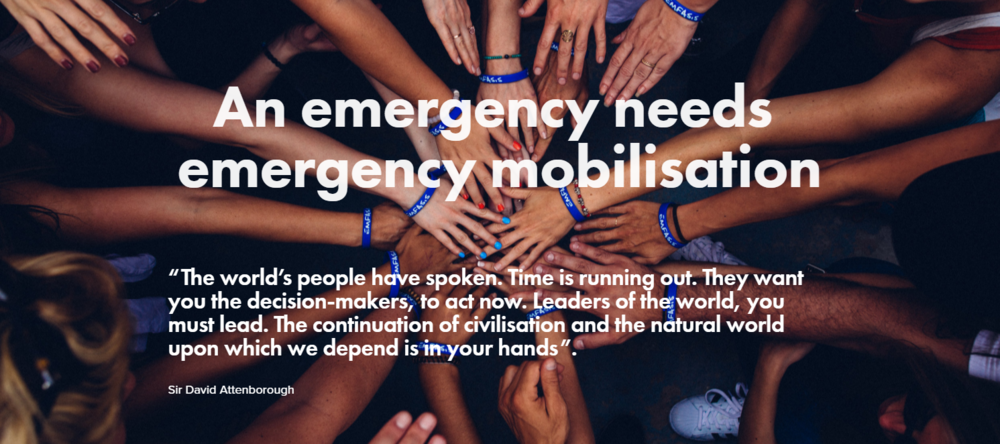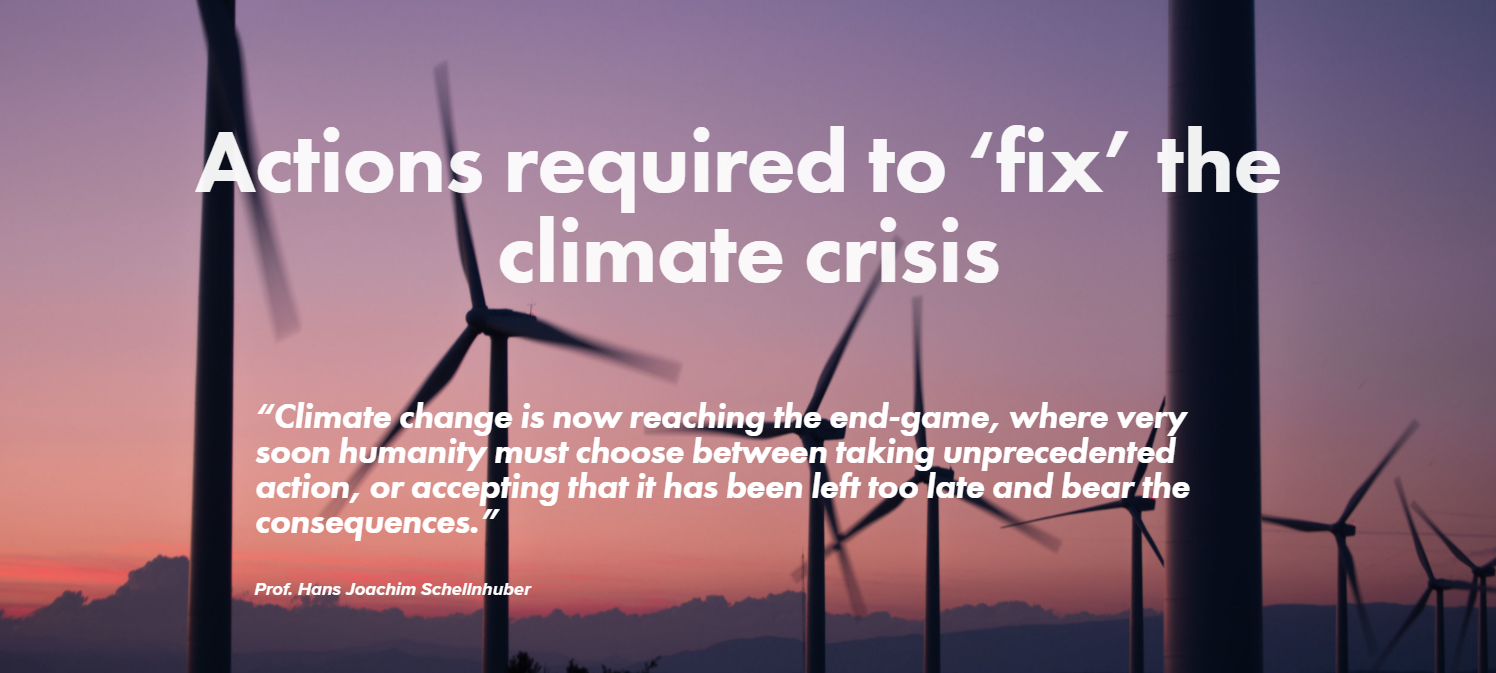The Climate Emergency Explained
Climate change has suddenly surged in the public consciousness. We face a deluge of stories about natural disasters, heatwaves, burning forests and melting ice. We see school strikes, civil disobedience and talk of existential risk and economic crisis - even of collapse. Amidst it all, the term climate change is being replaced with the ‘climate crisis’ and the ‘climate emergency’.
How do we unpack all this? Is this just a temporary new wave of awareness or have we really entered a whole new state? What is ‘an emergency’ and what would it mean if climate change were one?
ClimateEmergency.com summarises the arguments, referenced to the work of experts and thought leaders from different disciplines, to help answer these and other key questions about the climate emergency. Our aim is to inform, provoke debate and provide guidance on what might come next, as a resource for anyone working on, or seeking to understand, the climate emergency.
While the climate crisis is perhaps the most serious and confronting threat humanity has ever faced, it is also ‘fixable’. It will require radical and disruptive transformation of global markets, our economies and society. But we have succeeded at this before, and we are certainly capable and well positioned to succeed again. First however, we have to understand what we face.





